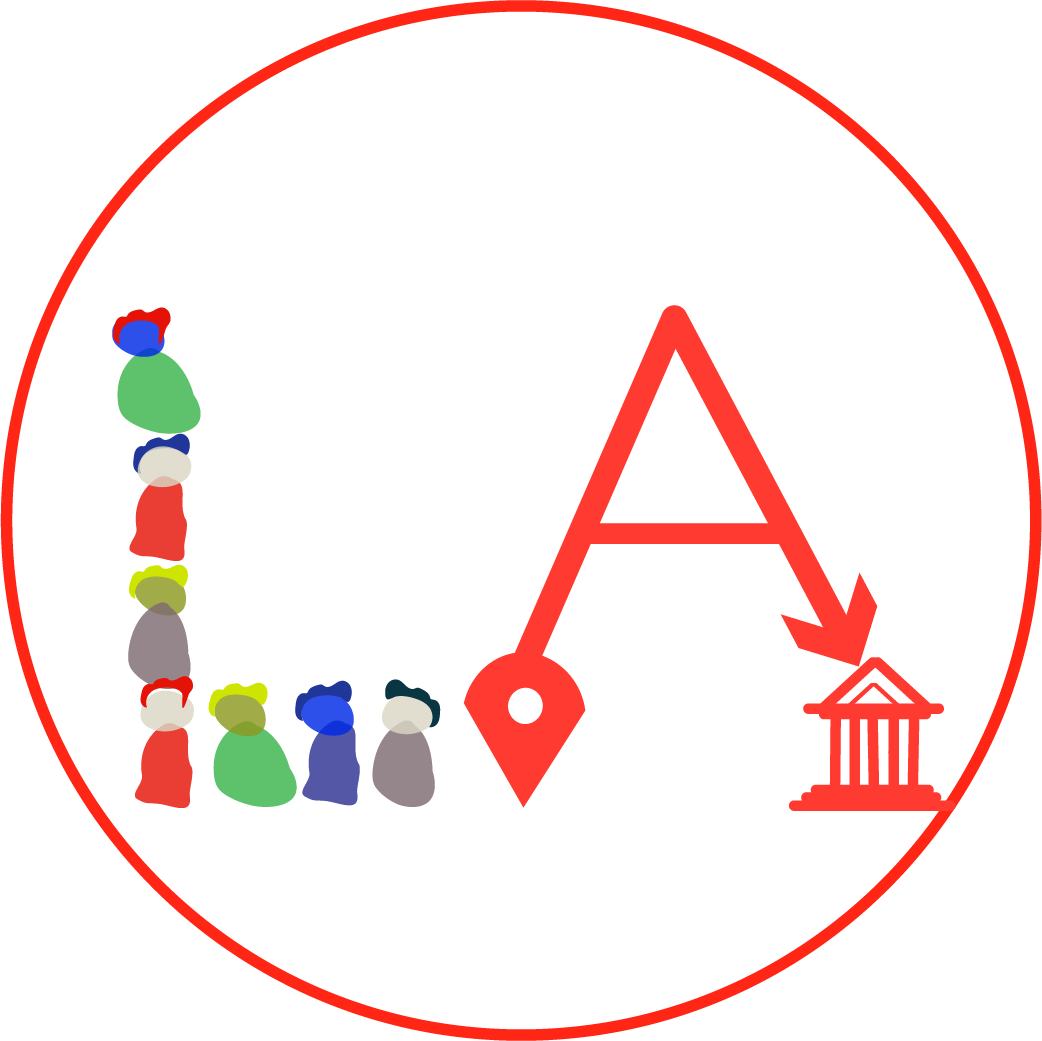Intercultural Cities program provides support to cities on how to manage and promote the diversity of their population, 70 cities worldwide and in Europe have joined.
The Council of Europe following the Faro Convention Action Plan launched the STEPS pilot project in 2017 with the cities Rijeka, Croatia, and Lisbon, Portugal, to try the methodology and adapt their policies, mapping cultural diversity and setting a shared vision.

Intercultural Cities strive to be more inclusive towards ethnic minorities, migrants, the LGBTI community and marginalised groups, with efforts at all levels of civic life education, entrepreneurship, arts and policy. The results of the program are promising with their policy advice documents a benchmark for cities internationally.
How does it work?
Each city opens a communication channel across all agencies who work together to create a shared cultural identity. Specifically:
Education
The program starts at the school level, being a space of cultural exchange with intercultural projects, teacher training and mother-tongue courses. Universities take the role of examining cultural policy, gathering data, evaluating inclusion and diversity and encouraging students of diverse identity.
Cities offer language training for migrants, can understand and speak the majority of local languages as well as translate public information on minority languages. Such as media outlets in languages other than the majority.
Place-making
Transform public spaces for usage by all groups and encourage interaction between them. Ensure that those institutions reflect the city’s diversity.
Housing should be appealing to minority ethnic groups and the middle class to move out of traditional neighbourhoods. Build social housing spread out across the city and remove the ceiling for specific groups.
Business
Offer counselling, incentives and provide mentoring and guidance for entrepreneurs of diverse backgrounds. Identify and promote successful migrants to serve as role models for the newer generation.
Arts & Sports
Ensure inter-district tournaments and festivals targeted to youth, offer training for young people of diverse groups to become leaders in art and culture. Cultural institutions can train and encourage the participation of minority groups as well as partnerships with institutions at the countries of origin of migrants.
Membership of Intercultural Cities is 5000 euros, which might be too steep for some, but their practices and policies are available online and can serve as a benchmark for all.
In recent years there are spikes in nationalist movements worldwide which fester instead of becoming more tolerant and inclusive. Diversity has proven to be the way society moves forward historically. We should all strive to have open communication and appreciate each other’s heritage.
I want to learn more:

